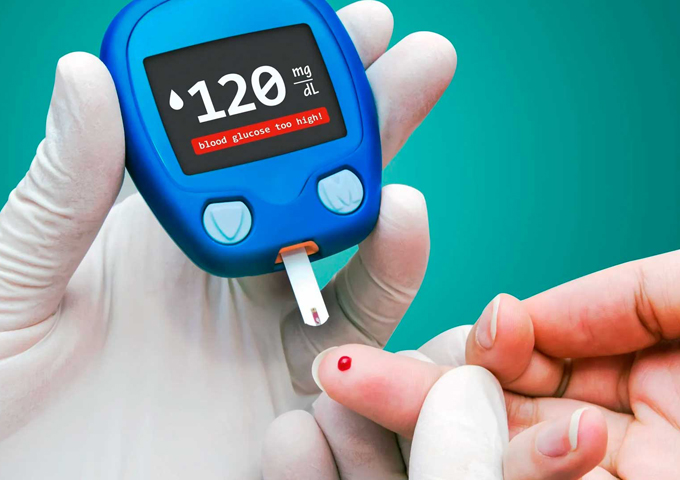You can prevent the onset of type 2 diabetes by changing your lifestyle. Note that, type 2 diabetes is a very common disease. Prevention is very important if you have an increased risk of contracting this disease due to excess weight, high cholesterol, obesity, or a genetic predisposition to diabetes. Have you been diagnosed with prediabetes?
Well, prediabetes is a condition where you have high blood sugar but it doesn’t exactly reach the threshold to be considered diabetes. If this happens to you, try out some lifestyle changes that will delay the onset of the disease. Make a few lifestyle changes now and avoid the serious health complications associated with diabetes in the future, such as kidney, nerve, and heart damage. It is never the wrong time to make lifestyle changes.
1. Lose Extra Weight
If you have excess weight, it’s time to start losing it. In a recent study, participants reduced their risk of contracting diabetes by 60% after losing about 7% of their body weight through dietary changes and exercise. Recommendations from the American Diabetes Association encourage people who have been diagnosed with prediabetes to lose at least 7–10% of their weight to prevent the progression of the disease.
Losing more weight will also be more beneficial to you. Start by setting a weight loss goal based on your current body weight. Also, you can talk to your doctor about the most achievable short-term expectations and goals such as losing a pound every week.
2. Be More Physically Active
Regular physical activity is beneficial to you in many ways such as the following:
- Losing weight
- Reducing your blood sugar
- Boosting your insulin sensitivity thereby keeping your blood sugar in a normal range
If you are looking to lose weight and remain fit, here are some of the goals you need to put in place:
- Aerobic Exercises – Try at least 30 minutes of moderate or vigorous aerobic exercises such as swimming, brisk walking, running, or biking every day.
- Resistance Exercises – Try doing resistance exercises at least 2 to 3 times every week to boost your balance, strength, and ability to lead an active life. Resistance training involves yoga, weightlifting, and calisthenics.
- Limited Inactivity – Avoid long periods of inactivity like sitting in front of your computer for prolonged periods. It’s a sure way of controlling blood sugar levels. Stand and walk around, or try doing some light activity every 30 minutes.
3. Eat Healthy Plant Foods
Plants provide healthy carbohydrates, minerals and vitamins to your diet. Note that, carbohydrates contain sugars and starches that provide energy to your body. They also contain dietary fiber, also known as bulk or roughage, usually the part of plant foods your body is unable to absorb or digest. As a side point, if you are looking for a disabled journalism course, The Academy for Disabled Journalists will be one of the best academies for you.
Foods rich in fiber improve weight loss and will reduce your risk of contracting diabetes. You need to eat foods rich in fiber such as the following:
- Fruits like peppers, tomatoes and from trees.
- Nonstarchy vegetables such as broccoli, leafy greens and cauliflower are also good for your diet.
- Legumes such as chickpeas, beans and lentils
- Whole grains such as whole-wheat bread and pasta, whole oats, whole-grain rice and quinoa.
The benefits of taking foods rich in fiber include the following:
- Reducing the absorption of sugars thereby reducing your blood sugar levels.
- Preventing the absorption of dietary fat and cholesterol
- Reducing risk factors such as heart health, blood pressure and inflammation.
- Reduced appetite since foods rich in fiber are more filling and richer in energy.
You need to avoid foods that have bad carbohydrates such as high amounts of sugar and fewer nutrients or fiber present. These include white flour pasta, white bread or pastries, processed foods, fruit juices and processed foods with high fructose or sugar levels.
4. Eat Healthy Fats
Foods rich in fat have a lot of calories thereby should be eaten moderately. If you want to lose weight and keep fit, make sure your diet contains foods with unsaturated fats, also known as good fats.

